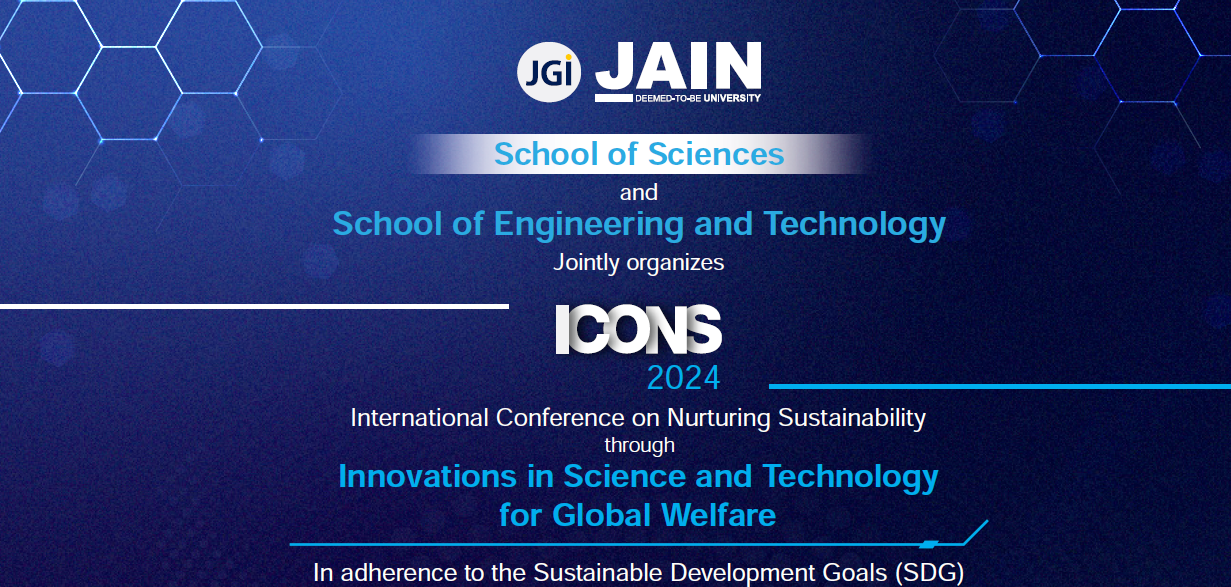Speaker
Description
Background: Adequate nutrition for children is crucial for sound physical and mental development. Nevertheless, evidence indicates that children in developing nations lack optimal feeding, undermining their capacity to grow and develop to their full potential.
Aims and objectives: We assessed the knowledge, attitude, and practice of the mothers/caregivers on infant and young child feeding (IYCF) practice in the Chakhesang Naga Tribe of Nagaland.
Methods: A cross-sectional study was conducted among 445 mothers/caregivers in 9 villages from the Chakhesang tribe in the Phek district of Nagaland. Data was collected using a structured questionnaire administered separately to mothers/caregivers of children 0-5, 6-23, and 24-59 months. Descriptive statistics, bivariate analysis, and logistic regression were employed to present the study result.
Results: The study shows that 98.8% of the children were breastfed, however only a quarter of children 6-23 months are exclusively breastfed. Only one-third of women with children aged 0-5 months have good knowledge and practices towards IYCF, however, two-thirds have positive attitudes. Around 19% and 28% of women with children aged 6-23 months have good knowledge and practices, whereas 60% of mothers have positive attitudes. Half of women with children aged 24-59 months have good knowledge and practices towards diets of pre-school children and 55% of women have positive attitudes. Logistic regression analysis indicates that higher maternal education and wealth status significantly influence knowledge of Infant and Young Child Feeding (IYCF) practices.
Conclusions: The finding suggests that these tribal women have limited knowledge regarding infant and young child feeding practices although they generally had a positive attitude. Nutrition programs should prioritize equipping mothers with recommended guidelines for feeding infants and young children.
Keywords: Knowledge, Attitudes, Practices, Infant and young child

